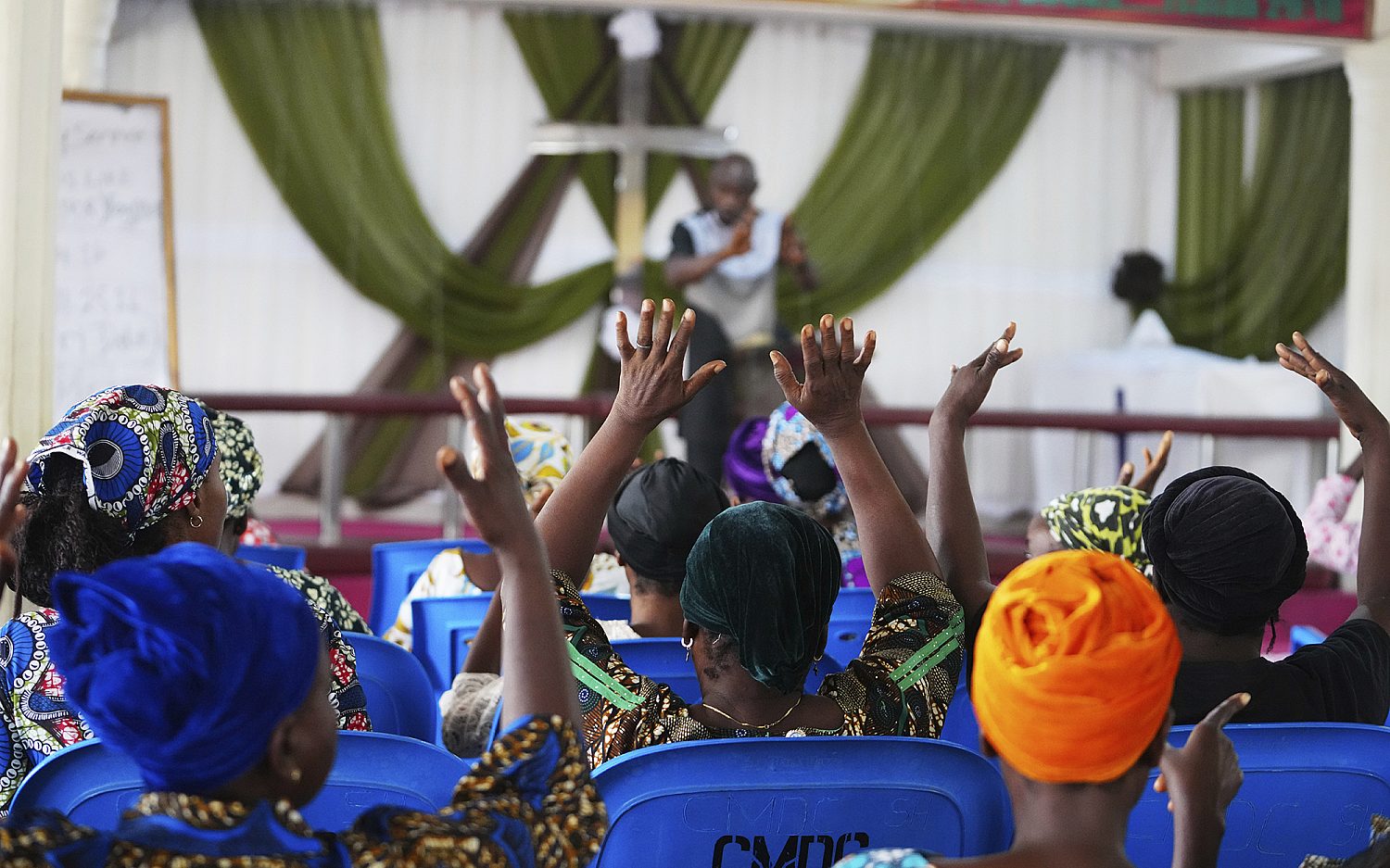To the brink
General Assembly opens today to address redistricting after Gov.
A controversial plan to remap Virginia's districts is one of the first things on the table for the Virginia General Assembly today.
Gov. Bob McDonnell vetoed the first bill, which included both the Republican-controlled House plan and the Democratic-controlled Senate plan, earlier this month saying that the Senate plan's rambling, serpentine configurations sliced up too many communities of interest and, in some cases, even local voting precincts in an effort to protect Democratic incumbents.
McDonnell had minor criticisms of the House plan, which passed with major bipartisan support. House leaders might have been able to come up with the votes to override the veto, given frustration with McDonnell among some delegates over his handling of the failed liquor privatization effort and his frequent amending of bills, but the Senate plan passed on a partisan vote, 22-18, had no hope of overriding a veto.
At stake is the geopolitical foundation on which both Democrats and Republicans hope to buttress their respective Senate and House majorities. Uncertainty over what a court might do should be enough to forge a compromise, said Larry J. Sabato of the University of Virginia Center for Politics.
"That would be an enormous gamble for both parties. They are literally ceding their fate to an unknown judge or judges," Sabato said. "Both sides have gone to the brink and they realize it's equally dangerous for them."
Neither partisan legislative majority, the Democrats who control 22 of the 40 Senate seats or the Republicans who control 61 of the House's 100 seats, is thrilled with McDonnell's veto and the possibility that courts could settle the issue, said Robert D. Holsworth, a former political science professor whom McDonnell appointed to head a bipartisan advisory panel on redistricting.
"Many Senate Democrats would much rather change a comma or a period than have a federal judge draw the lines," Holsworth said. "The House Republicans can't be very happy at all because while it's likely they'd retain the majority, it's very unlikely that they'd get a document as favorable to them as the one they drew.
"My sense is there is impetus for them to back away from the train wreck," he said.
Senate leaders have said they will try today to come up with a plan acceptable to McDonnell.
Even if the bill is approved by both houses of the state legislature, it must be reviewed by the federal Justice Department, possibly making race another significant issue. According to the Voting Rights Act of 1965, the state of Virginia, along with other southern states, must seek federal approval when revising its districts.
Out of the 11 districts in Virginia, only one has a black majority. The current bill, proposed by Sen. Mamie Locke (D-2), remaps the 3rd and 4th districts - comprised of overwhelmingly Democratic voters - to increase the black voting demographic to a 51% majority (from 31.3%) in the 4th, reducing the 3rd district to a 53.6% majority. In doing so, the surrounding districts would see a marked increase in white Republican voters.
Each district includes approximately 575,000 voters, most of which voted Republican in the 2009 gubernatorial election. Out of the eleven districts, the 3rd and 4th represent two out of three Democratic-voting districts.
Sen. Bill Janis (D-3), a current supporter of the bill, originally proposed a bill to redistrict black voters into the 3rd district alone. His bill was quickly cut down by the state senate in favor of Locke's more conservative redistricting proposal.
According to Locke, the proposal would ultimately add at least two more black voters to the General Assembly. Opponents say the bill is an attempt to add race to the partisan friction in the Assembly and gerrymander districts to keep incumbents in power.
Indeed, the bill favors incumbents when all 160 members of the General Assembly seek re-election this fall. The primary, usually set for early summer, has been pushed back to late August to afford the bill time for state and federal approval.
The assurance that incumbents would be kept in place propelled the bill to its approval.
Janis is confident that the bill will be approved by the Justice Department, as it empowers black voters and does not make substantial changes to the political leaning of the state. The current bill will not only keep incumbents in place but will also maintain a Republican majority through districts.
The Associated Press contributed to this report.
"Like" us on Facebook today!
An actual newsletter worth subscribing to instead of just a collection of links. —Adam
Sign up to receive The Sift email newsletter each weekday morning for the latest headlines from WORLD’s breaking news team.




Please wait while we load the latest comments...
Comments
Please register, subscribe, or log in to comment on this article.